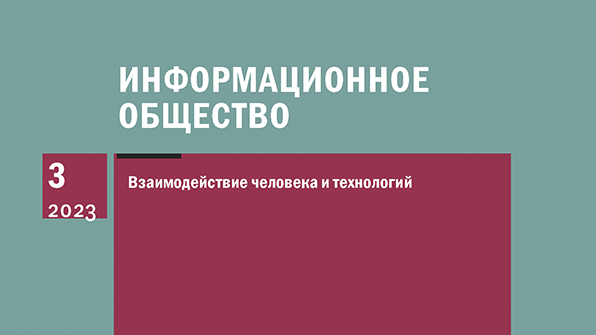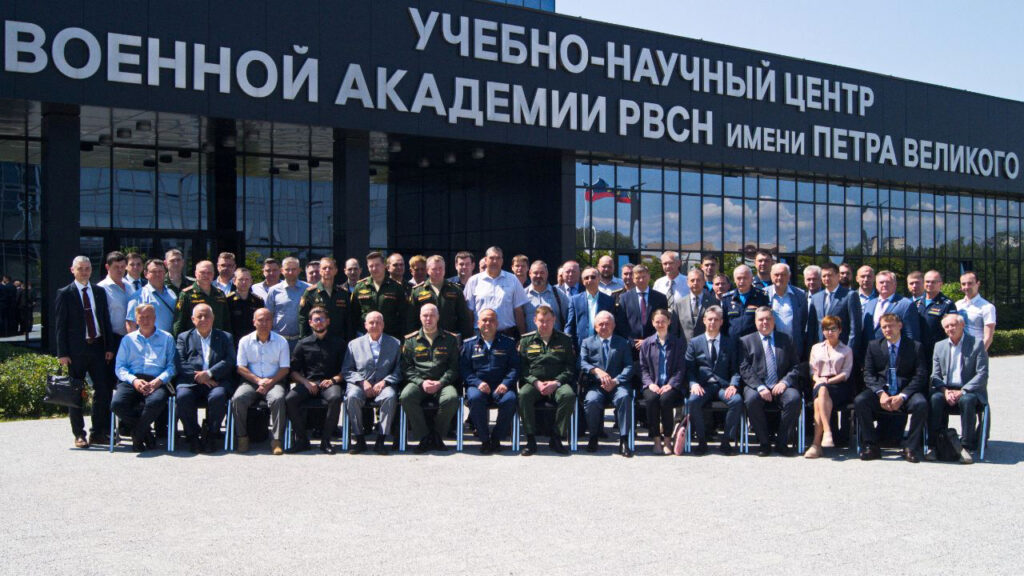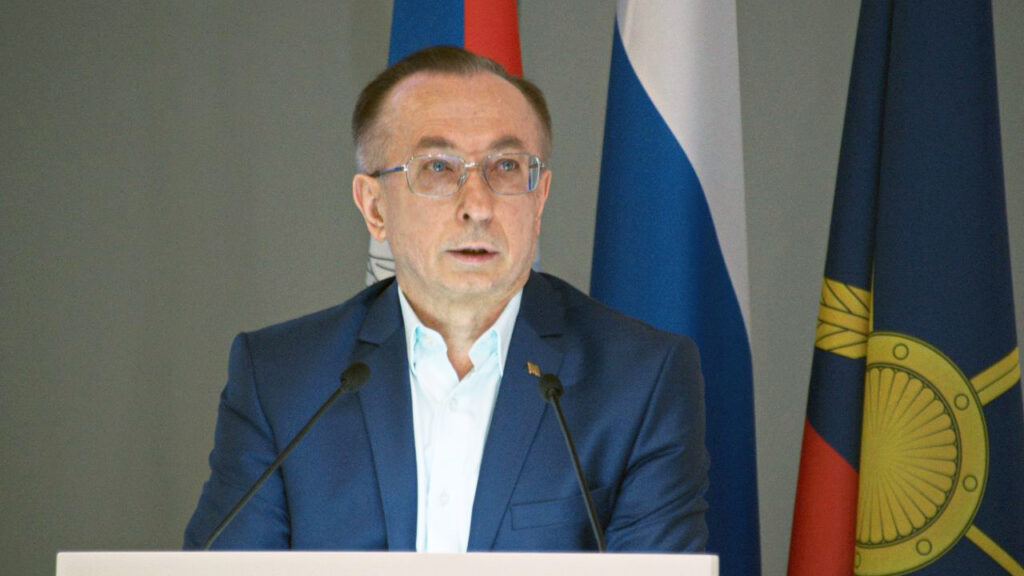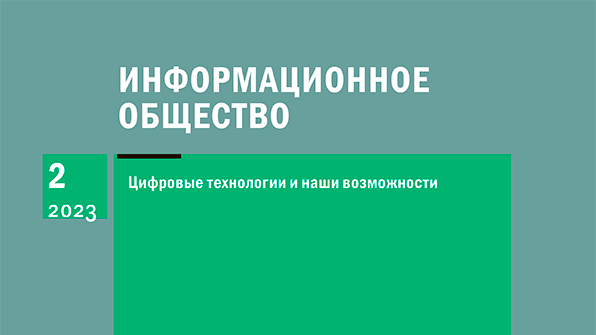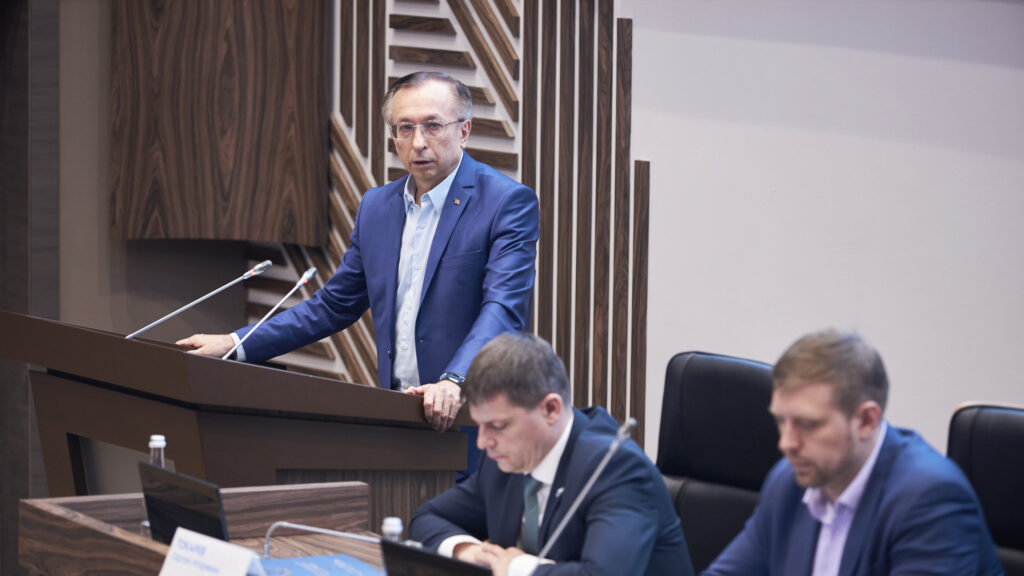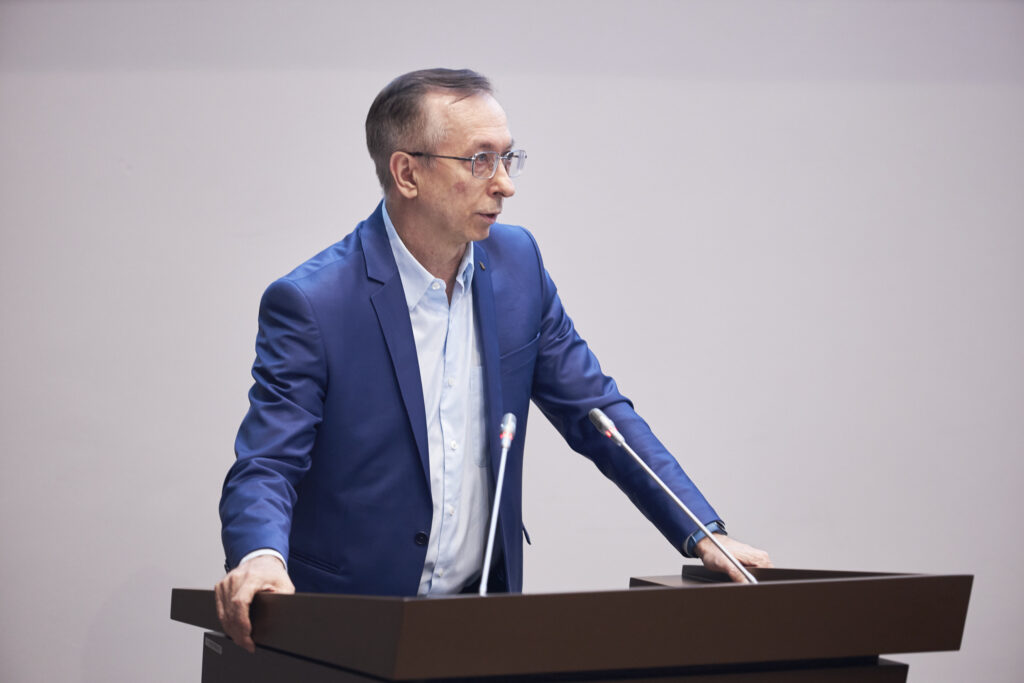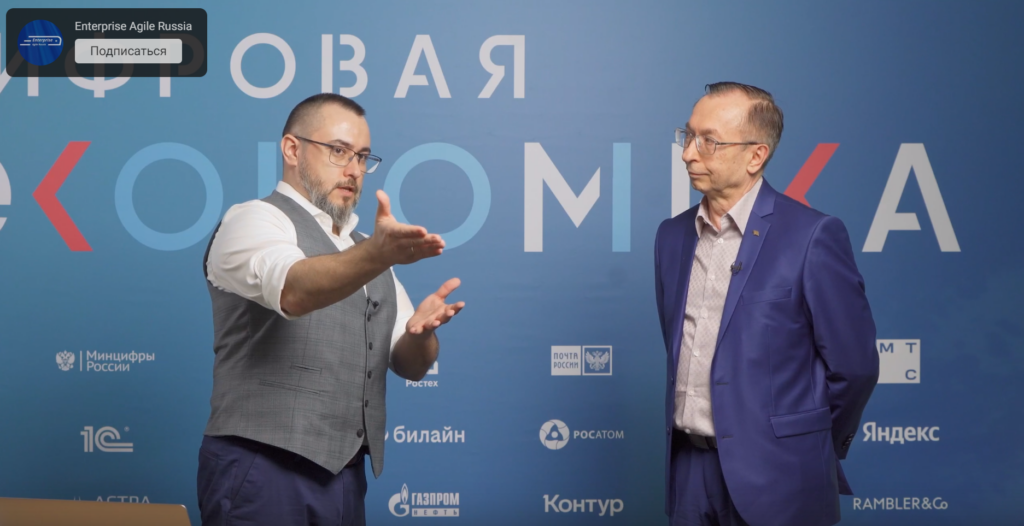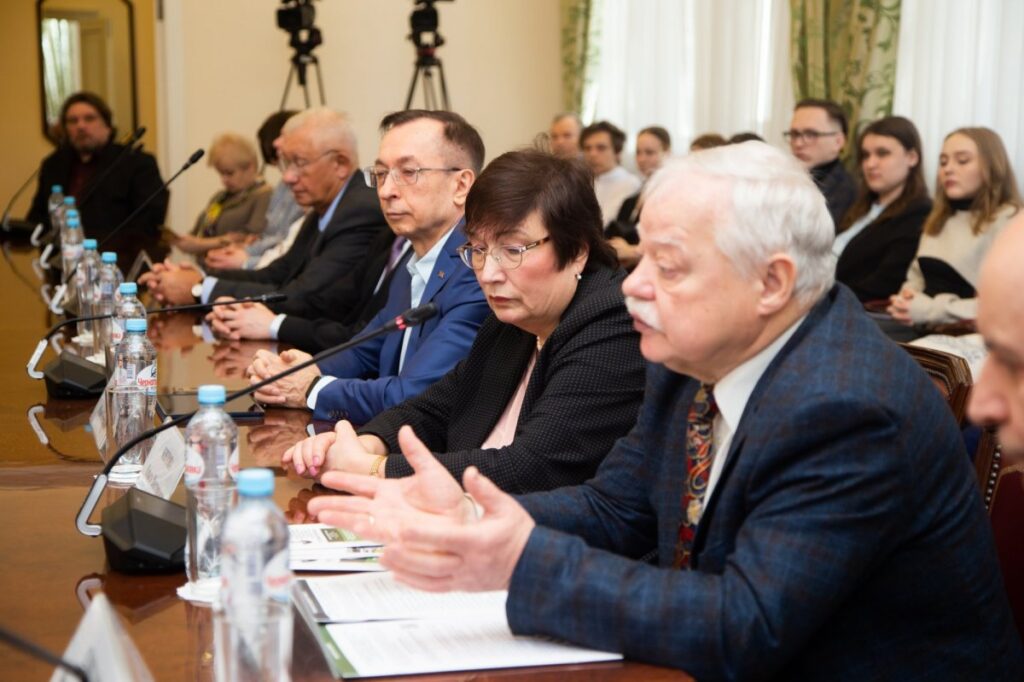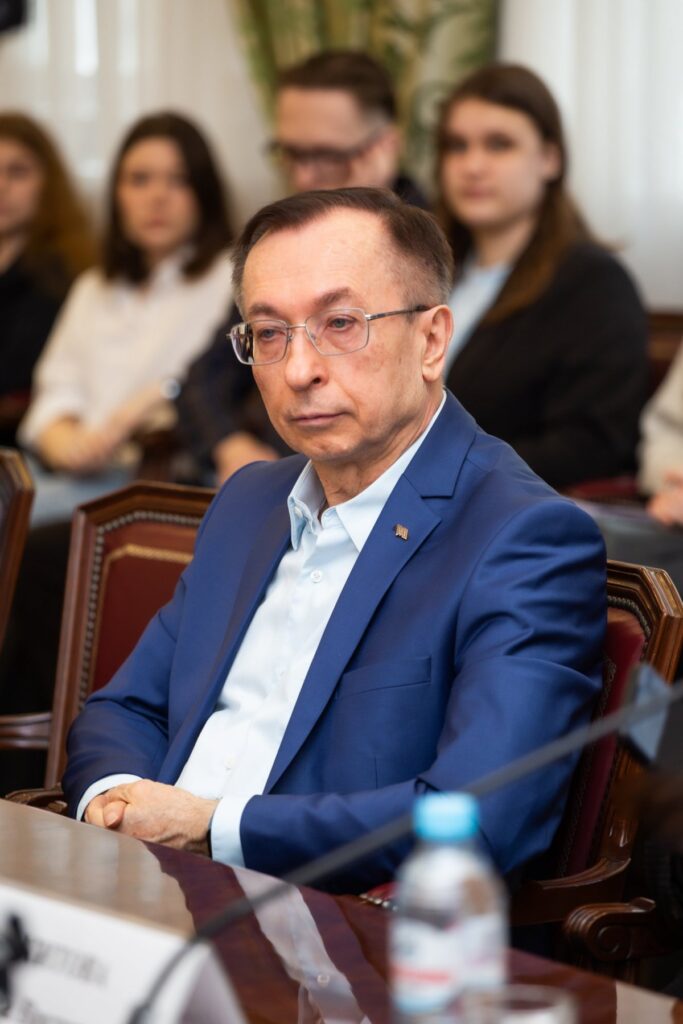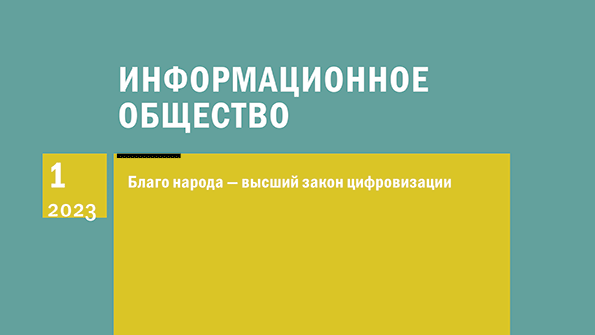The third issue of the scientific and analytical journal “Information Society” for 2023 has been published.
The main theme of the release is “Interaction of human and technology”. It is revealed in 13 articles devoted to the following:
Again, about the essence of the information society
Existential landscape of human-machine interaction
Hate speech on social media
Digitalization of Russian regions and interregional cooperation
Cryptocurrencies as a new form of money
Telecommunication market today
Standardization of data technologies for AI
Crop protection robots
Digital transformation in China
Use of quantum technologies in the USA
In her address to readers, the editor-in-chief of the magazine Tatiana Ershova wrote:
The first article in this issue, written by MSU professor Tamara Naumenko, examines the paradigm foundations of the information society theory. This made me remember the very beginning of our activities to promote the development of the information society in Russia at the end of the last century or, if you like, the millennium. We wondered why seemingly reasonable people resisted it so much. But over the years, things have become clearer.
Our opponents were patriotic people. It was exactly what puzzled us: don’t we want Russia’s good, don’t we want its powerful development? It was very difficult to prove that we were not eager to sell our country out to the West. It was necessary to explain long and hard that no one can build a modern economy without the use of new technologies. And since, due to wrong decisions, we have missed the opportunity to independently create technologies and equipment on a par with the West, why not to use what we already have and what we can buy for our own purposes? Of course, in parallel it was possible and necessary to create our own technologies, and on a serious scale. And those who called for the information society were certainly not responsible for the fact that this did not happen.
It is surprising that people did not believe us for a long time and stubbornly could not understand that we are in the same system of values with them, that we are carriers of the same paradigm, if the latter is understood in a broad sense as a worldview, or way of thinking. We actively participated in the most prestigious international events and projects in order to keep abreast of everything most interesting and useful, and then we came home and tried to promote the most advanced experience in our country, taking into account its peculiarities. We also organized major events in Russia: the annual conference “Information Society Technologies”, “Tver Forum”, as well as many round tables and seminars, to which we invited well-known Russian and foreign experts, true leaders of the information society.
One of such events was the international conference “Global Knowledge – Russia. Partner Networks as Instruments for the Development of the Information Society and the Knowledge Economy”, which took place in Moscow on December 9, 2002. It brought together more than 100 representatives of the state, business, civil society, the scientific and educational community from 19 countries of the world. Here, for the first time, the preparation of the national strategy “Russia in the Information Age” was announced, about which the First Deputy Minister of the Russian Federation for Communications and Informatization A.V. Korotkov (blessed memory of him), spoke in detail. A document under this title was not approved, however, but as a result of its discussion, a certain new concept of “informational development of the country” arose. The next version of the document, called the “National Strategy for Informational Development”, already set “advanced informational development” as a major task.
On February 7, 2008, the long epic ended: thanks to the active support of the Security Council, the Presidential Decree approved the “Information Society Development Strategy”, which fully took into account Russia’s national interests. Common sense finally prevailed, and a lot of ICT4D work began countrywide. It actively continues to this day, only now with an emphasis on the use of digital technologies.
